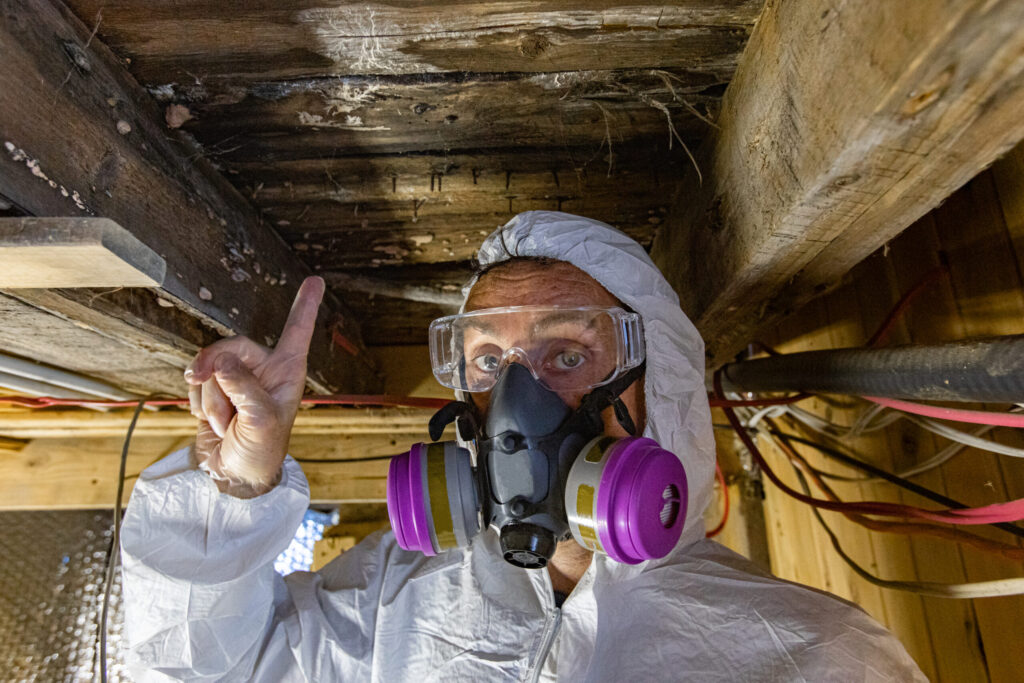Keep Mold Out of Your Home

Molds are organisms that breakdown animal matter and dead plants. Though most molds grow outdoors, they can travel inside by way of open windows and doors, air conditioning systems and on pets, clothing and shoes. Once inside your home, mold needs a moist food source, such as lint, ceiling tiles or wallpaper to grow.
Mold not only damages your property, but it can also cause serious health complications after long-term exposure. With this in mind, try these prevention tips to keep mold out of your home.
Clean up any water damage or flooding thoroughly and immediately.
Use a dehumidifier and a wet/dry vacuum to remove water quickly.
Remove carpeting that cannot be dried out within 48 hours. If your carpet was contaminated by sewer water or a flood, it needs to be replaced.
Repair basement cracks so that moisture cannot seep in.
Add mold inhibitors to paint.
Use a dehumidifier and/or air conditioner to reduce indoor moisture, especially during humid months of the year.
Empty the drip pans in your air conditioner, refrigerator and dehumidifier regularly to prevent water buildup.
Run the exhaust fan for 20 minutes before and after showering, or consider using a humidistat-controlled fan that turns off when the moisture is ventilated from the area.
Fix plumbing leaks immediately. Mold will begin to grow within 24 to 48 hours after a leak.
The Complications of Mold Exposure
A mold problem can cause serious health effects—especially for young children, the elderly, those who suffer from allergies or asthma and those with prior respiratory conditions. Symptoms of mold sensitivity include eye irritation, nasal stuffiness, shortness of breath, wheezing and lung infections (in rare cases).
If you or a family member is experiencing some of these symptoms, consult a physician for a proper evaluation and diagnosis. For more home safety guidance and homeowners insurance solutions, contact us today.
This is not intended to be exhaustive nor should any discussion or opinions be construed as legal advice. Readers should contact legal counsel or an insurance professional for appropriate advice. © 2023 Zywave, Inc. All rights reserved.







